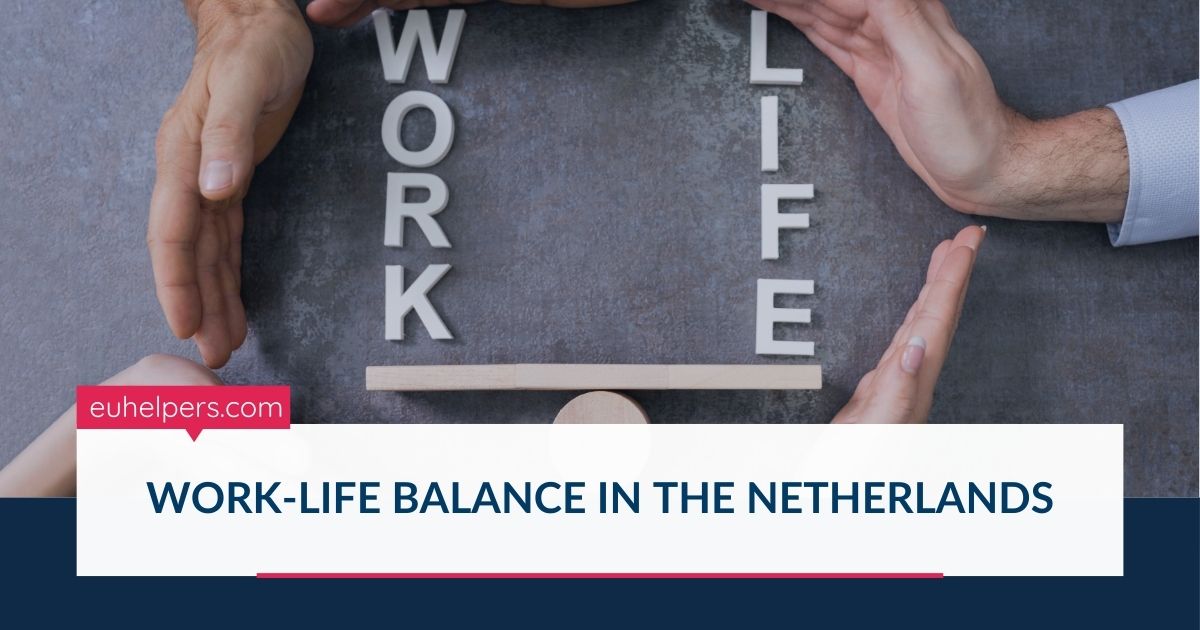The Netherlands is widely celebrated for its exceptional approach to work-life balance, often ranking among the best in the world. This commitment is reflected not only in the country’s labor laws but also deeply embedded cultural values and workplace practices that prioritize employees’ personal time and well-being.
Key Features of Work-Life Balance in the Netherlands
Shorter Workweeks
Many Dutch professionals work fewer than the traditional 40 hours per week. It is common to find four-day workweeks or reduced hours, enabling employees to enjoy more free time without sacrificing productivity.
Flexible Working Arrangements
Remote work and flexible scheduling are widely embraced, giving employees the freedom to tailor their working hours around personal commitments. This flexibility has become even more prominent following recent global shifts toward hybrid work models.
Right to Disconnect
Dutch labor laws include provisions that protect employees from work-related communications outside of office hours. This “right to disconnect” ensures that personal time remains uninterrupted by work demands.
Cultural Emphasis on Personal Time
Beyond legal frameworks, valuing leisure and family time is a deeply ingrained social norm in the Netherlands. This cultural mindset supports healthier work environments and higher overall satisfaction among workers.
Generous Vacation Leave
Full-time employees are entitled to a minimum of 20 days of paid vacation annually, encouraging rest and rejuvenation.
Support for Part-Time Work
The Netherlands has a high prevalence of part-time employment, particularly among women, allowing for greater flexibility in balancing work with family and personal life.
Positive Impacts of Work-Life Balance
Improved Employee Well-Being
The Dutch model fosters a healthier work environment by helping individuals balance professional responsibilities with personal life, contributing to greater happiness and fulfillment.
Increased Productivity
Studies link the Netherlands’ emphasis on work-life balance to higher productivity levels. Well-rested, satisfied employees tend to be more efficient and engaged.
Lower Risk of Burnout
By encouraging downtime and relaxation, Dutch workplaces help reduce stress and prevent burnout, supporting better mental health among workers.
In summary, the Netherlands’ exemplary work-life balance results from a combination of supportive laws, cultural values, and forward-thinking employer practices. This holistic approach not only benefits employees but also creates a sustainable, productive work environment that many countries look to as a model.

